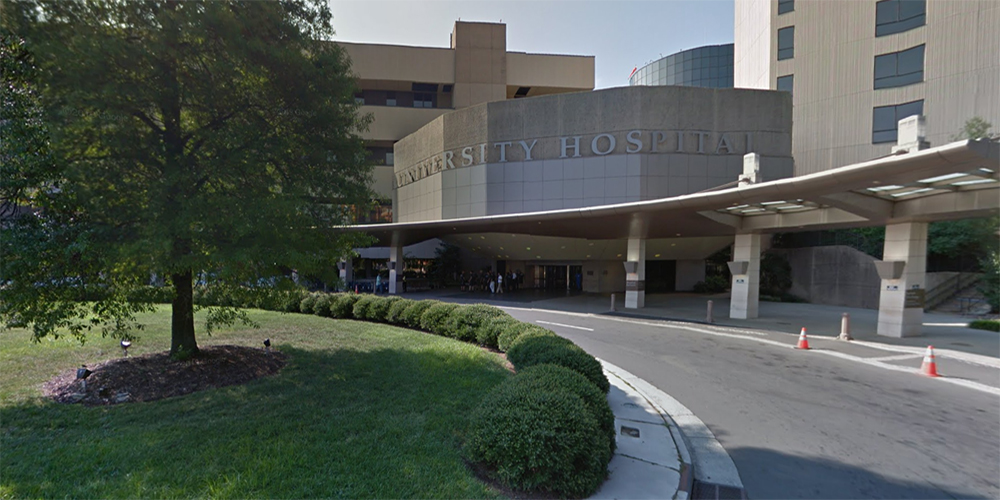DURHAM, N.C. — Durham County District Attorney Satana Deberry said Duke University Medical Center and Duke University Police should “strongly consider” a policy that requires officers to secure their weapons before entering emergency departments.
The suggestion comes after a Duke University police officer shot and killed 38-year-old Raishawn Steven Jones in the Duke University Hospital emergency department after he grabbed the gun of a Durham officer and fired it, reports The News & Observer.
On Jan. 14, Durham Police took Jones to the hospital for a medical evaluation after he crashed his car and hit a pedestrian. A Durham police officer removed Jones’ handcuffs so he could use the restroom. He then reportedly became agitated and uncooperative when medical personnel evaluated him to be discharged.
Body camera footage shows the officer attempted to handcuff Jones but he grabbed his service weapon and fired a round. A Duke University officer who responded to the incident shot Jones.
Hospital staff attempted to revive the man but he died at the scene. It was later determined through an autopsy that Jones had at least 0.57 milligrams of Phencyclidine, commonly known as PCP, in his system at the time of his death. The drug can cause hallucinations, distort senses, cause violent and erratic behavior, and induce psychosis.
No other patients were injured during the incident and one Durham officer was treated immediately after the incident. The officer who shot and killed Jones will not face criminal charges as Deberry’s office determined his use of force was not excessive.
“However, it is worth noting that the presence of guns in the Emergency Department dramatically increased the level of risk of harm to others that night,” she wrote in a letter to the Duke University Police Department.
In her analysis of the shooting, Deberry also said if the officer had been “required to secure his weapon when entering the ED, the physical altercation between the two very large men would have little risk of injuring other people in the area that night.”
Current policies at the Duke, UNC and WakeMed hospital systems permit armed law enforcement officers in hospital emergency rooms. A spokesperson for Duke’s communications department told The N&O that the hospital is reviewing its policies but she did not address Deberry’s recommendation. Earlier this month, Duke University Hospital Assistant Vice President of Emergency Services told WRAL that all Duke Health facilities are “gun-free zones” and emergency rooms are equipped with metal detectors.
A study from Johns Hopkins University found that nearly 25% of emergency department shootings from 2000 to 2011 involved someone attempting to take a weapon from an armed officer. Some medical experts say uniforms and weapons can worsen delusions in psychotic or paranoid patients, The New York Times reported.







